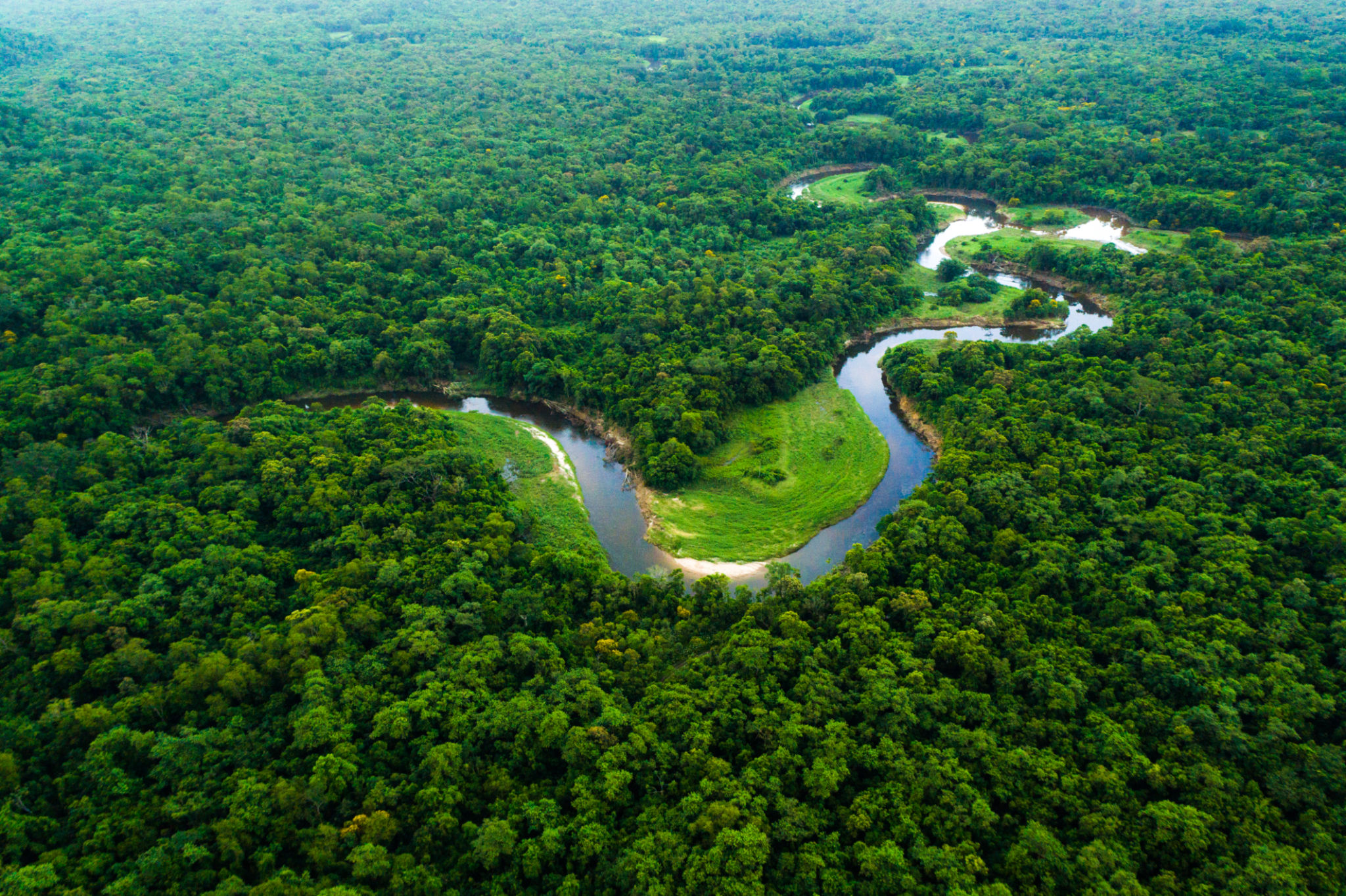Navigating Environmental Challenges in Brazil: Expert Insights
Understanding Brazil's Unique Environmental Landscape
Brazil, a country renowned for its vast and diverse ecosystems, faces a myriad of environmental challenges that are as complex as its geography. From the sprawling Amazon rainforest to the rich Pantanal wetlands, Brazil's natural landscapes are crucial not only to the nation's ecological health but also to the global environment. However, these vital ecosystems are under threat from deforestation, illegal mining, and climate change, making it imperative to address these issues with informed strategies.

The Impact of Deforestation
Deforestation remains one of the most pressing environmental challenges in Brazil. The Amazon rainforest, often referred to as the "lungs of the Earth," is being depleted at an alarming rate due to logging, agriculture, and cattle ranching. This loss of forest cover not only threatens biodiversity but also contributes significantly to carbon emissions. Efforts to curb deforestation involve both governmental regulations and initiatives by non-governmental organizations (NGOs) working towards sustainable land management.
Illegal Mining and Its Consequences
Another critical challenge is illegal mining, particularly in protected areas such as indigenous lands. The extraction of gold and other minerals often leads to pollution of waterways with toxic chemicals like mercury, which poses severe risks to both the environment and human health. Tackling illegal mining requires stronger enforcement of existing laws and greater support for indigenous communities who are primary stewards of these lands.

Climate Change and Its Effects
Climate change is exacerbating environmental challenges in Brazil, with rising temperatures and unpredictable weather patterns affecting agriculture and water resources. The increasing frequency of extreme weather events, such as floods and droughts, is particularly troubling. Adaptation strategies are essential to mitigate these impacts, including investment in resilient infrastructure and sustainable agricultural practices.
Conservation Efforts and Success Stories
Despite these challenges, there are success stories that highlight effective conservation efforts. Initiatives such as reforestation projects and the establishment of protected areas have shown promise in preserving biodiversity. Community-led conservation programs have also played a significant role in maintaining ecological balance while supporting local economies.

The Role of Policy and Regulation
Government policy plays a crucial role in addressing environmental challenges. Recent years have seen shifts in environmental regulations that impact conservation efforts. While some policies have been criticized for weakening protections, others have strengthened enforcement mechanisms and incentivized sustainable development practices.
Expert Insights on Future Directions
Experts emphasize the importance of integrated approaches that consider social, economic, and environmental factors. Collaborative efforts between government agencies, NGOs, private sectors, and local communities are vital for effective conservation. Investments in research and technology can also provide innovative solutions to environmental challenges.
In conclusion, navigating the environmental challenges in Brazil requires a multifaceted approach that involves all stakeholders working towards a common goal. By leveraging expert insights and fostering collaboration, Brazil can protect its valuable natural resources while promoting sustainable development for future generations.
